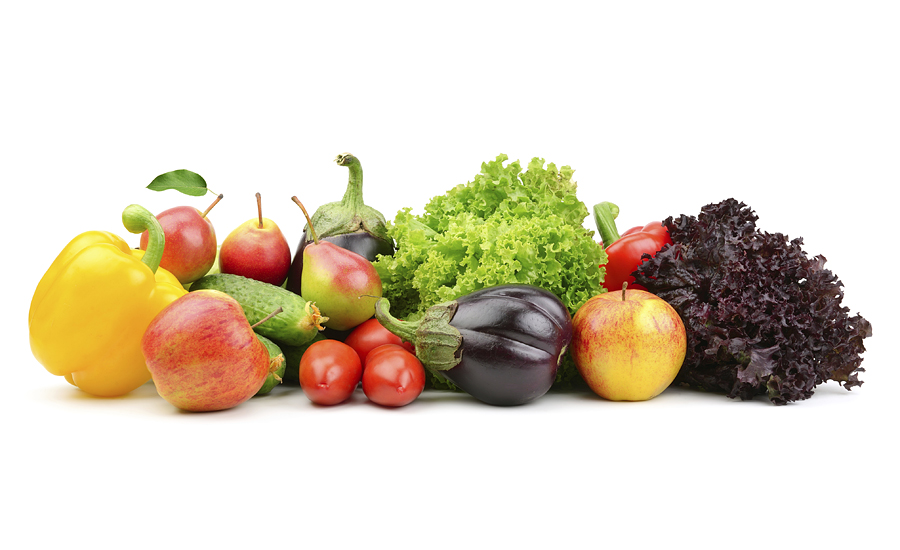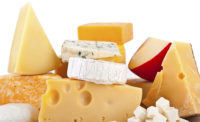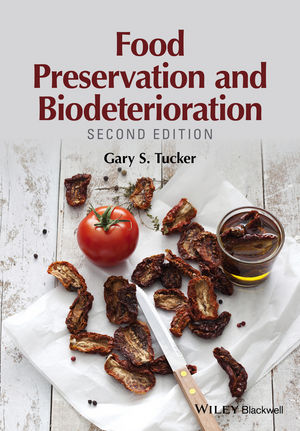Consumers in affluent countries are known for buying more food than required, and then tend to waste it, thus generating opportunities for products from the food waste market. Meanwhile, some consumers are becoming more aware of food loss in terms of ethics and sustainability, and are coming up with household methods to consume products from food waste.
Case in point: Products from the food waste market will observe a CAGR of 5% by 2029, according to research presented by Future Market Insights, Valley Cottage, N.Y.
Cosmetic flaws in fresh produce paving the way for retail sector
Not meeting the cosmetic criteria is one of the major reasons why fruits are being discarded as waste. In fact, the Academy of Nutrition and Dietetics Foundation, Chicago, estimates that, on an average, U.S. supermarkets lose nearly $15 billion annually due to cosmetic flaws in fruits and vegetables. This presents ample opportunities for the products from food waste market.
These fruits and vegetables are of excellent quality and at par with the nutritional profile of the ones sold in the market. That’s why some small- and medium-sized manufacturers are processing such products that do not meet the cosmetic criteria. Moreover, consumers tend to pay less for products that are from food waste.
Mango peels become potential source of pectin
There is a special class of pectin LM pectin (low-methoxyl pectin) that is preferably used in the manufacturing of low-calorie fruit jellies. The mango peel or mango waste contains a high amount of pectin (20-30% of the peel weight). If the extraction of pectin from mangoes is achieved by adding lemon juice, resulting in the reduction of industrial waste and creating an alternative for the production of pectin. Obtaining a product from food waste such as mango peels is also in tune with some of the key market trends, such as sustainable production, due to the reduction in toxic effluents.
India produces tons of products from food waste, with mango, which is a source of pectin, being one of them. Yet, India relies heavily on the import of pectin. Hence, it holds immense potential for the products from food waste market.
Patented technologies in manufacturing products from food waste prompt high price points
Middlemen in the products from food waste supply chain, such as farmers, food and beverage processors and retailers have expressed interest in recycling and manufacturing products from food waste, but might have to face the heavy burden of implementing patented and expensive technologies. This aspect may become a barrier to the growth of the products from food waste market.
Also, technology is linked with quality, which is an important force in driving the growth of the products from food waste market. Products from food waste manufacturing companies that are not accredited with quality certifications may lose their consumer base, which may hamper the growth of the products from food waste market.









